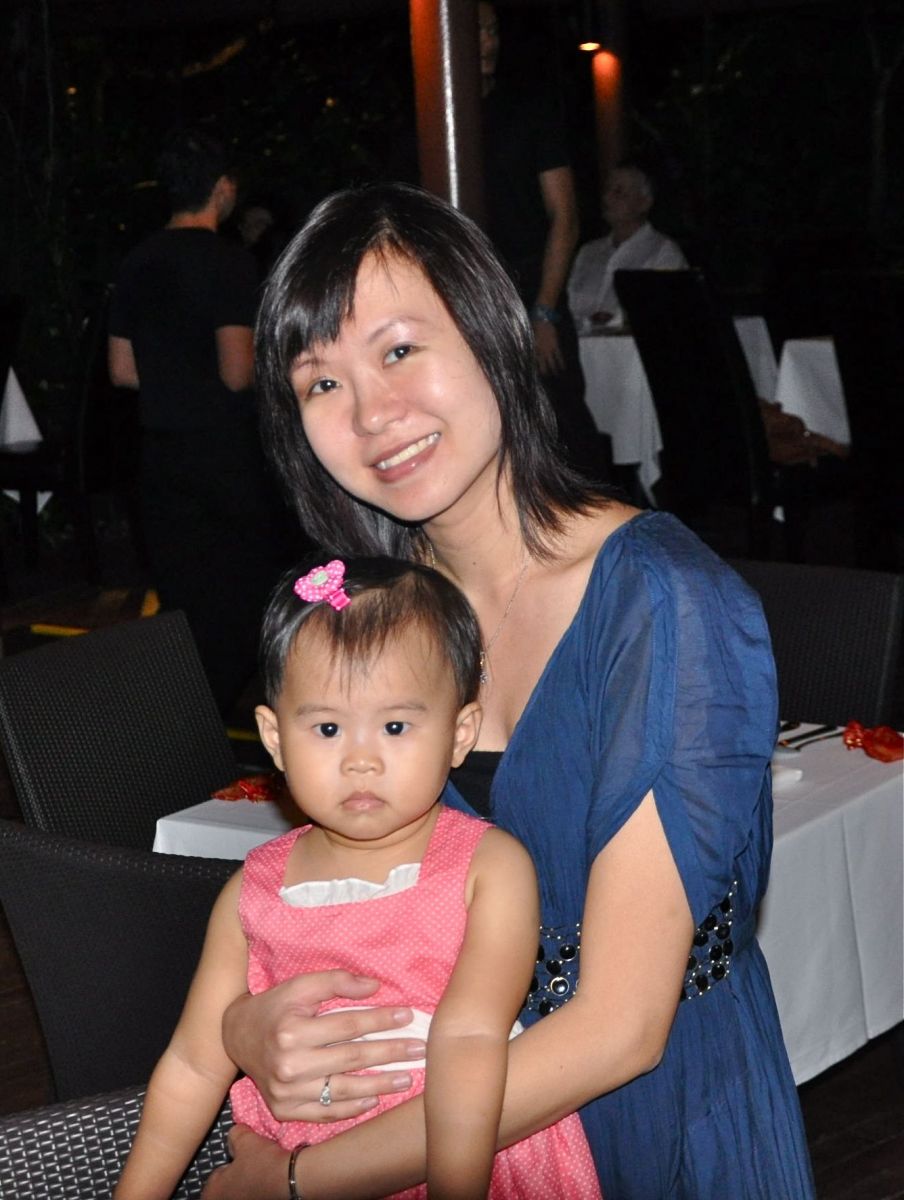A couple of months ago, the song Billionaire was plying the local airwaves. Opening with “I wanna be a Billionaire, so frickin’ bad”, the lines talk of buying fame, jet setting around the world, being on the cover of Forbes magazine and hob-nobbing with celebrities and royalty.
It paints a glamorous picture of the epitome of a successful life.
Success
Or does it? In the Singaporean context, the traditional 5Cs of success oft refer to having it all – Cash, Condominium, Car, Credit Card and Country Club membership.
Admittedly, a sixth ‘C’ – Children - didn’t seem to feature strongly in what was thought to be the traditional success formula. Nevertheless, the GenX’ers seem to have done fairly well in that area and many of them can be seen with a small brood of two to three (and even four) kids in tow.
Gen Y
But what does the younger generation – aptly termed GenY – view as life success?
What does it mean to be successful to those born approximately between 1977 and 1994?
It seems that the younger crowd is bent on achieving 7Cs of success. But how do marriage, children and family fit into their plans for a successful life?
7Cs of success
1. Current
For most young adults, the focus is on life as it is now - pursuing higher studies, new exciting careers and having fun with whatever life throws at them.
Many want to enjoy a carefree youth, without the pressures and responsibilities of parenthood. Nevertheless, they understand that current interests may change as they get older, and are fairly certain that marriage and children do feature somewhere in their plan for the future.
As Adeline, 27, observes, “Marriage and children are definitely important factors in my plan for success in the years to come, but not at this moment.”
2. Career
Career concerns feature strongly in the plan for success. However, not everybody views climbing the proverbial corporate level as an indication of having a successful career.
Like Mahat, 25, for example, who thinks that achieving career success means being able to achieve good work-life balance in a job that he is passionate about.
There are also young parents who, after having a child, have discovered how to strike a balance between their work and family.
Janelle, 30, who has a young daughter and is expecting another addition next year, offers some insight, “Once you’ve completed the initial phase of caring for your newborn, you can return to work full time and focus more on your career. In fact, having a child gives you more meaning in life and motivation to be successful in other facets of life.”

Janelle and daughter
3. Carers
It is heartening to learn that for many youths, being successful also means being able to provide sufficiently for their parents.
While many young adults may not be ready to take the plunge and have children of their own, they recognize their role as caregivers for their elders and existing family members, and strong family values like these will eventually help set a strong foundation for their own family in future.
4. Carefree
All young people have ideals for a carefree life.
Even older working adults know that part of the reason behind their daily commute to and from the office is to secure a comfortable retirement, free from financial woes and worries.
While not everybody hankers after absolute wealth and never-ending riches, and most youths know that money can’t buy happiness, it’s hard to fault them for wanting to achieve some form of financial stability and security before starting a family.
5. Commitment
Success in life doesn’t just fall from the sky. You don’t wake up in bed one morning and find that you have made the transition from normalcy into a resounding success overnight.
In order to be successful, people have to make a commitment to lead a successful life. Likewise, if having a family features strongly in one’s plan for success, then a commitment has to be made to start this family.
Young adults recognize that. And rather than point fingers at GenY for being afraid of commitment, maybe it’s time to give them credit for being mature enough to recognize the responsibilities and demands of being a parent, along with the joys and rewards that parenthood gives.
Adeline, a civil servant who has been dating her boyfriend for two years, muses, “Starting a family is a really a different phase of one’s life, from which there is no turning back. As such, one definitely has to be ready to be committed to this lifelong task once you decide to start a family.”

Adeline
6. Concerns
Being successful also means being able to address one’s life’s concerns.
While many youths are open to the idea of marrying and starting a family before 30, their primary concern is finding the money to be able to support their spouse and family.
True, one may not require a fat salary and six-digit account balance to afford basic needs. But Mahat, who is single and currently working as a technical officer with a government agency while he pursues his degree, represents the aspiration of his peers who want to provide their future family with a good quality of life.
He shares, “If I were to be a parent, I would want to make sure that I am able to provide more for my children and give them a better life than what I myself have gone through.”
Janelle, a young mother working in the civil service, agrees that maybe one valid concern for young couples wanting to start a family would be cost of raising a child.
But she acknowledges that such costs are still manageable with both parents working full-time and that some inevitable trade-offs would be occasionally having to work late and spending a little less time with the children.
7. Children
Despite all their considerations and concerns about parenthood, the younger generation are not averse to starting a family before 30. They recognize that there are many benefits of being young parents, such as having more energy to deal with the physical demands of pregnancy and caring for kids, having less of an age or “generation gap” between parent and child, and for the girls – being able to retain their pre-pregnancy figure more quickly after birth.
For some like Mahat, learning how to be a parent through having his own kids represents the final step to independence, which in turn is a pre-requisite for driving success in life.
So while everybody would love to be a billionaire, we all recognize that fame and fortune do not necessarily equate to success in life.
As Janelle succinctly puts it, “To me, being successful in life means being able to realize both one’s career and family plans. Success also means learning to guide and nurture your child, and seeing your child accomplish great things in life.”




